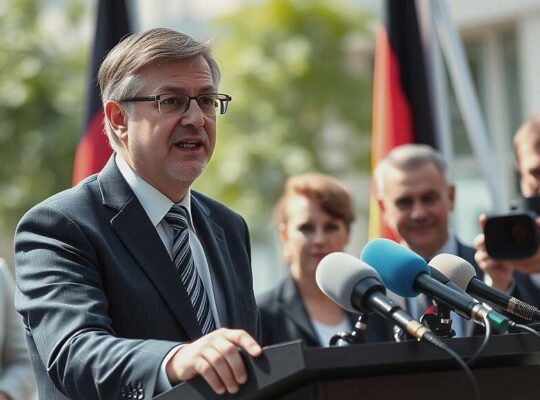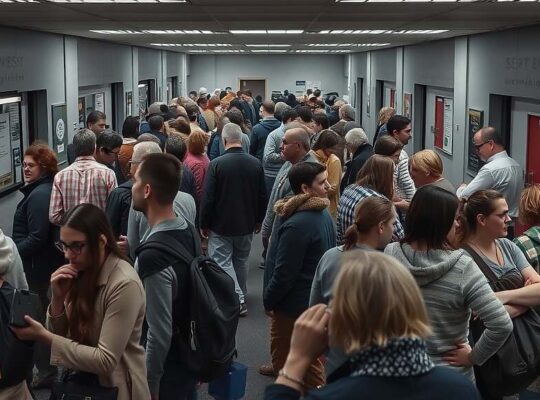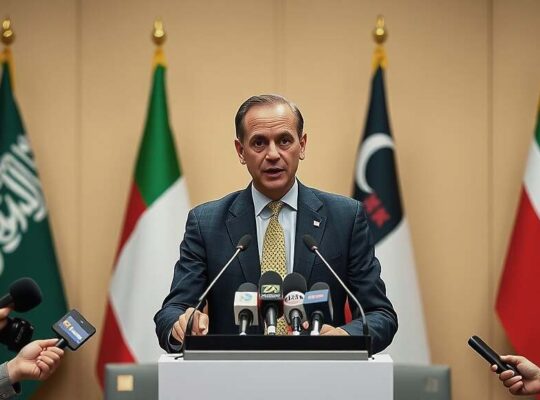Automotive Sector Faces Workforce Erosion Amidst Calls for Strategic Shift
A stark warning has been issued to Germany’s automotive industry by the powerful IG Metall trade union, signaling a growing concern over continued job losses and a potential crisis of leadership. Christiane Benner, First Chairwoman of IG Metall, has criticized the prevailing tendency within the sector to resort to workforce reductions and relocation as a primary response to economic challenges, labeling it “shortsighted.
The critique arrives alongside data from the consulting firm EY, which reveals a significant decline in automotive sector employment last year. Over 50,000 jobs, representing nearly seven percent of the workforce, vanished – a figure that underscores the sector’s fragility and its struggle to adapt to evolving market dynamics.
Benner’s pronouncements are particularly pointed, directing her criticism at the industry’s high-earning managerial class. She demands a more forward-thinking and innovative approach to securing the sector’s long-term viability, rather than relying solely on cost-cutting measures that disproportionately impact employees. The implicit threat – that managers themselves may face displacement if they fail to demonstrate strategic acumen – reflects a growing tension between labor and management within Germany’s crucial automotive landscape.
The ongoing erosion of jobs isn’t merely a matter of economic restructuring; it raises critical questions about the sustainability of Germany’s industrial model and the social responsibilities of leading corporations. While the transition to electric vehicles and new mobility solutions presents opportunities, the current response – seemingly characterized by reactive downsizing – risks undermining the sector’s long-term competitiveness and leaving a legacy of unemployment and social unrest. The IG Metall’s intervention signals a demand for a bolder, more inclusive strategy, one that prioritizes workforce investment and genuine innovation over immediate, often destructive, cost savings.












